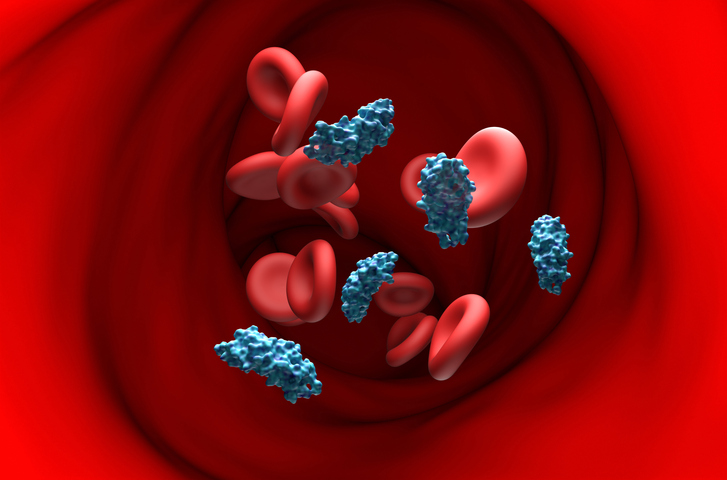
The use of coronary artery calcium (CAC) scoring is linked with significant improvements in the reclassification and discrimination of incident atherosclerotic cardiovascular disease (ASCVD) patients who may benefit from statin therapy, according to a study which appeared in JAMA Cardiology.
Researchers of this study sought to assess the association between risk-enhancing factors and incident ASCVD by CAC burden among patients at mild risk of ASCVD.
In this multicenter population-based prospective cross-sectional study, researchers analyzed a total of 1,688 participants aged 45 to 75 years with no clinical ASCVD or diabetes at baseline, who were at intermediate risk of ASCVD (≥7.5% to <20.0%). The primary endpoint was defined as incident ASCVD over a median follow-up of 12 years.
Over a median follow-up of 12 years, results showed that the incidence rate of ASCVD among those with a CAC score of 0 was less than 7.5 events per 1,000 person-years for all individual risk-enhancing factors. Overall, the use of CAC scoring was associated with the greatest improvement in the C statistic (0.633 vs 0.678) for ASCVD events.
Delighted to share our latest 📝 published in @JAMACardio assessing the role of #CAC to guide #statin therapy as it applies to the novel risk enhancing factors.https://t.co/UTerKpRa1k
🧵⬇️
— Jaideep (@jaideeppatelmd) July 14, 2021
“In this cross-sectional study, among participants with CAC scores of 0, the presence of risk-enhancing factors was generally not associated with an overall ASCVD risk that was higher than the recommended treatment threshold for the initiation of statin therapy,” the researchers concluded.
“The use of CAC scoring was associated with significant improvements in the reclassification and discrimination of incident ASCVD. The results of this study support the utility of CAC scoring as an adjunct to risk-enhancing factor assessment to more accurately classify individuals with an intermediate risk of ASCVD who might benefit from statin therapy.”
NEW STUDY
A CAC of O is powerful enough to de-risk many intermediate risk patients https://t.co/lYp68BsFN1
— DoctorTro (@DoctorTro) July 14, 2021
« According » 😎 @DavidWienerMD @NMerke @RODRIGOVISCONT1 @DrDerekConnolly @Sema_Guneri @DrAjaykishore82 @jcldib @OlivierHoffman @Hopital222 @drpatrickholmes @lipiddoc @Sema_Guneri @pabeda1 @SeguraCardio @GianlucaCampo78 @DrMarthaGulati @Echoraljpangio @DocSavageTJU @dr_benoy_n_sh
— SABOURETCardiologist (@SABOURETCardio) July 14, 2021







 © 2025 Mashup Media, LLC, a Formedics Property. All Rights Reserved.
© 2025 Mashup Media, LLC, a Formedics Property. All Rights Reserved.